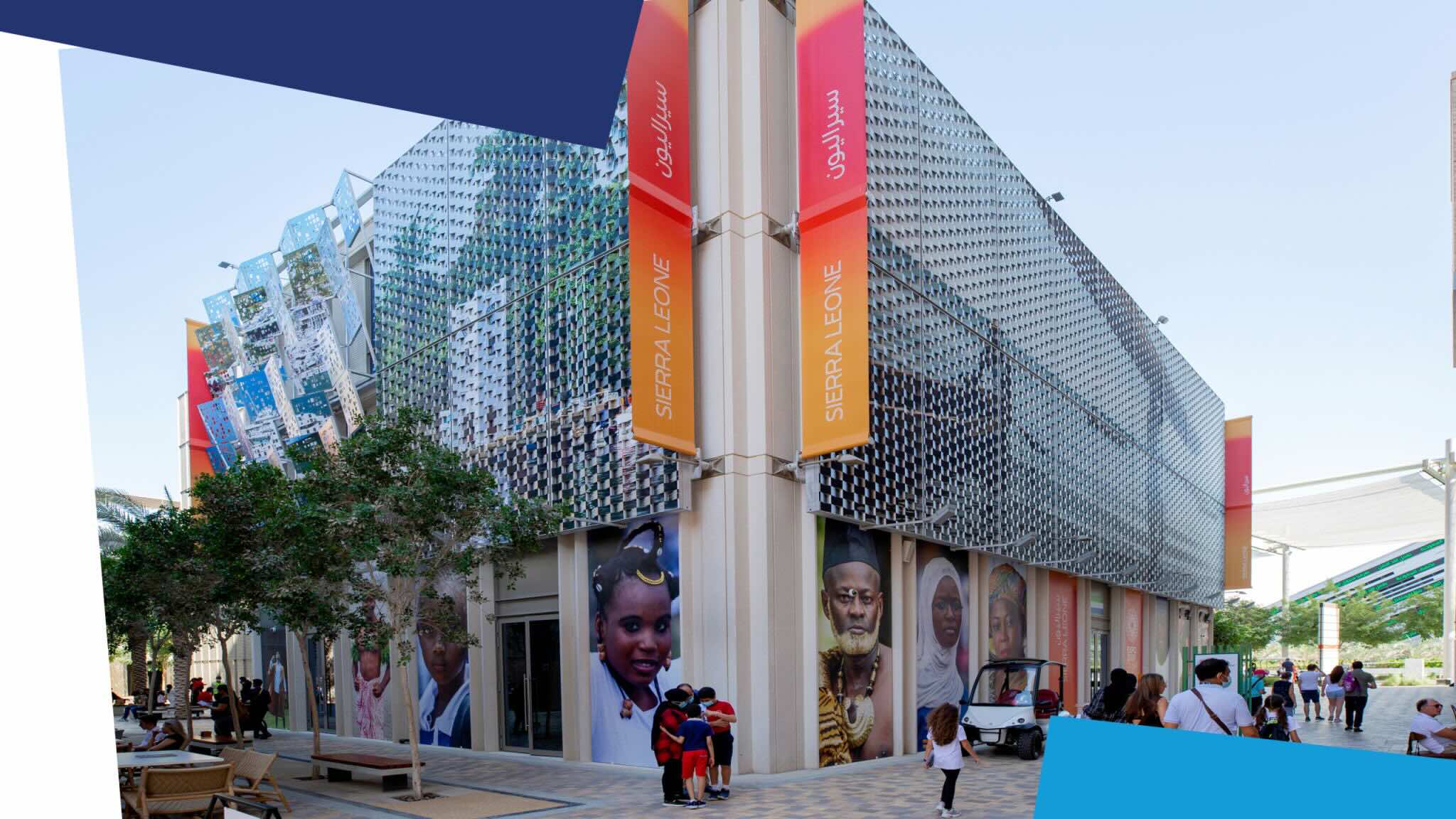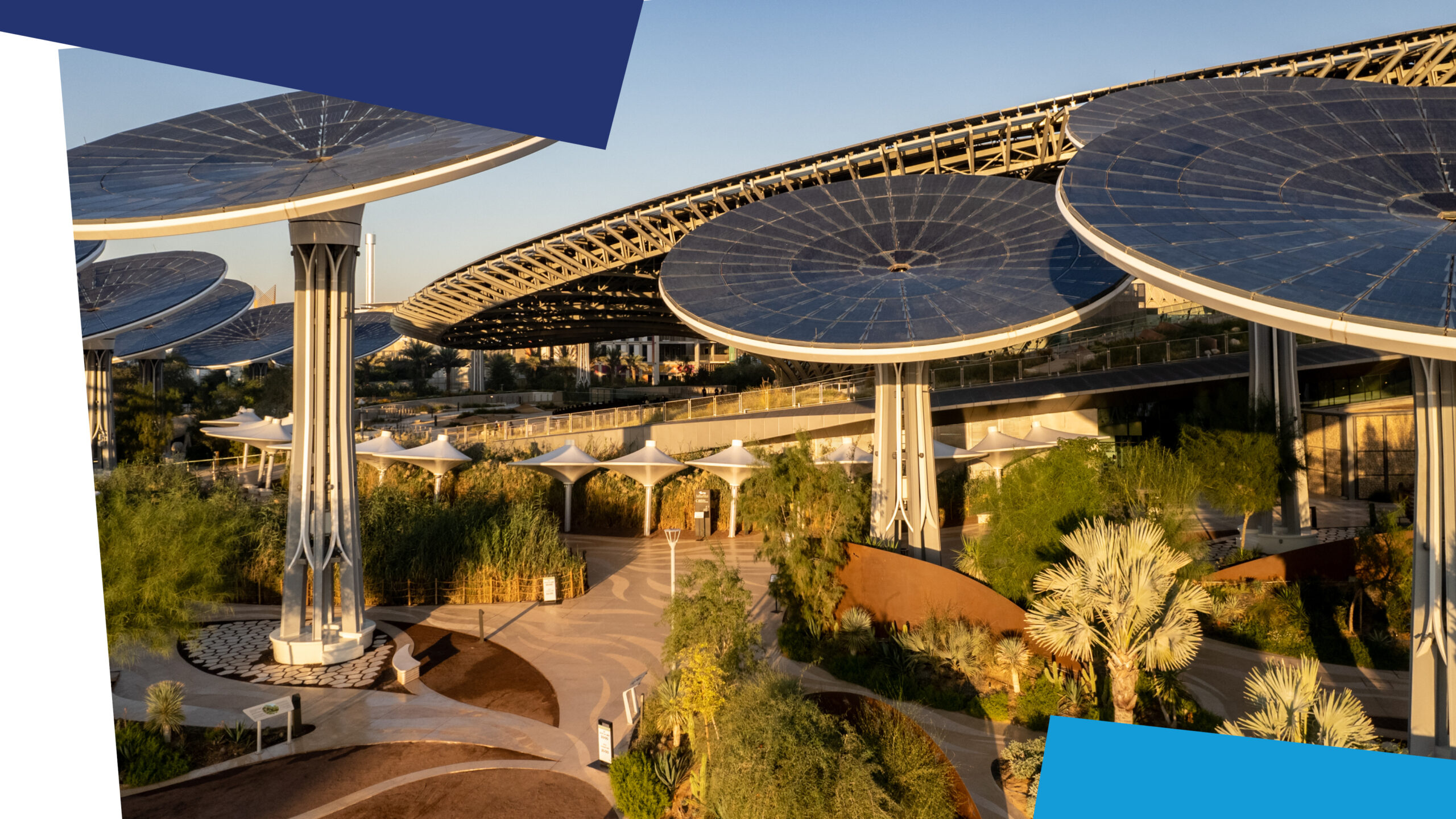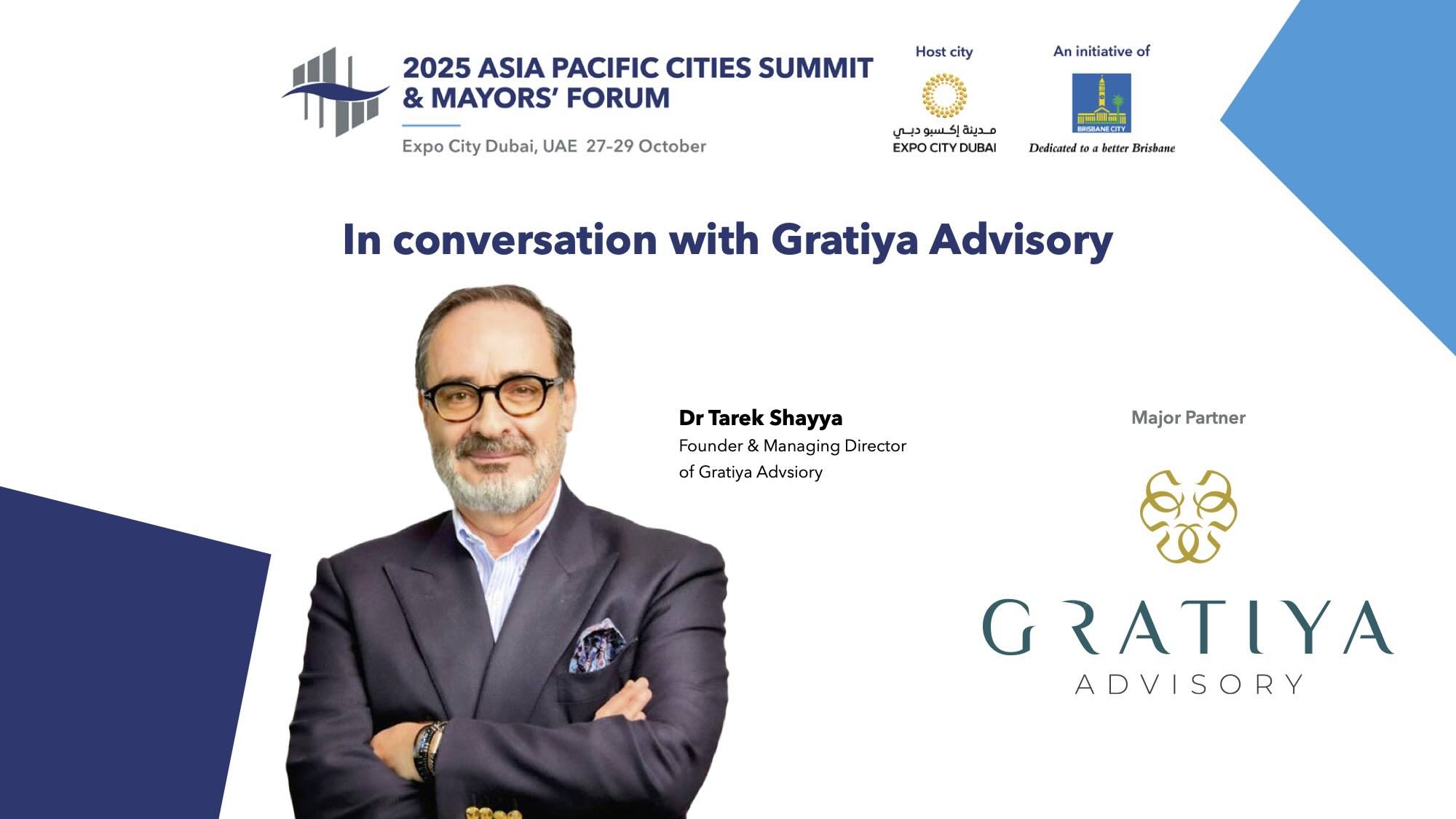Freetown’s Deputy Mayor and 2025APCS speaker Mr Kweku Lisk shares how climate action, data and innovation are driving urban transformation – and why 2025APCS offers a vital platform for cities like his
Q: This is the first time an APCS has been held in the MEASA region – in Expo City Dubai, the new centre of Dubai’s future growth and a city built on the legacy of international collaboration. What opportunities does that present for mayors and city leaders convening at the event?
A: As the Deputy Mayor of Freetown, I am honoured to represent the Mayor of Freetown and the entire municipality at the Asia Pacific Cities Summit & Mayor’s Forum in Dubai, especially as this is the first time the Summit is being held in the MEASA region, and in Expo City Dubai, a symbol of innovation, ambition, and international cooperation.
This location presents a unique opportunity for mayors and city leaders. Expo City’s legacy of global partnership aligns powerfully with the spirit of the APCS: cities sharing knowledge, forging networks, and advancing sustainable urban futures together. For leaders from the Global South in particular, this setting invites deeper regional engagement, greater visibility, and the chance to shape a more inclusive global urban agenda.
For Freetown, it’s an opportunity to connect with peers across Asia, the Middle East, and Africa regions that share many urban challenges but also offer rich, context-specific solutions. From climate resilience and infrastructure innovation to digital transformation and job creation, Dubai provides an inspiring backdrop for dialogue, collaboration, and concrete action that will move our cities forward.
Q: 2025APCS will provide an opportunity for mayors from one of the fastest urbanising parts of the world to share ideas and best practices on Climate Adaptation and Mitigation. Freetown’s celebrated #FreetownTheTreeTown project is one such example. Tell us briefly what this is, the role it is playing in securing the city’s climate resilience and its successes to date.
A: I am proud to share the story of our flagship climate initiative #FreetownTheTreeTown, which we’ll be highlighting at the 2025 Asia Pacific Cities Summit & Mayors’ Forum.
Launched in 2020, #FreetownTheTreeTown is our city’s nature-based response to the climate crisis. It aims to plant, grow, and digitally track one million trees to reduce the risk of landslides and flooding, improve air quality, restore biodiversity, and sequester carbon. But beyond planting, it’s about growing, which is why we integrate community-led care, tree stewardship, and innovative technology, including geotagging and remote monitoring, to ensure long-term survival of the trees.
To date, over 850,000 trees have been planted and tracked across the city, creating green jobs for youth, particularly women, while contributing to our broader climate resilience strategy. The project is not only greening Freetown but empowering its people and serves as a replicable model for other rapidly urbanising cities navigating the climate emergency.
Q: A key topic for discussion at 2025APCS will be Urban Intelligence – how we use digital tools and data to transform cities. Can you share one unique example of how Freetown is leveraging the power of data in its own urban transformation?
A: I’m excited to contribute to the conversation on Urban Intelligence at the 2025 Asia Pacific Cities Summit, because data is at the heart of our city’s transformation journey.
One unique example is the Freetown Urban Observatory, a pioneering initiative that uses real-time and geospatial data to inform urban planning, service delivery, and climate resilience. Through this platform, we’ve mapped informal settlements, tracked flood risks, and monitored solid waste collection in unprecedented detail. This has allowed us to target interventions more effectively and advocate for resources with evidence-based precision.
In one case, data from the Urban Observatory helped us identify underserved communities and adjust the placement of communal waste bins, reducing illegal dumping and improving public health outcomes. It’s a powerful reminder that when cities own their data and use it intelligently, we can make smarter, more inclusive decisions, even in resource constrained contexts.
Freetown’s experience shows that Urban Intelligence isn’t just about high-tech solutions, it’s about using data to centre people and equity in how we build and manage our cities.
Q: Freetown has an ambitious vision for Urban Mobility. What challenges does the city face in this area and how is it addressing those challenges? And are you hoping that 2025APCS will provide ideas and inspiration for further momentum on that journey?
A: I can say that urban mobility is one of our city’s most pressing challenges, but also one of our greatest opportunities for transformation.
Freetown is a rapidly growing city with a constrained road network, a high reliance on informal transport, and limited pedestrian infrastructure. These challenges contribute to congestion, unsafe travel conditions, and long daily commutes, particularly for low-income residents who often live far from economic opportunities.
To address this, I am pleased to share that our city’s vision for urban mobility is not only ambitious, it is becoming reality, with several innovative projects under way.
One of the most transformative is the Freetown Cable Car Project, which is set to begin construction soon. This will be the first urban cable car system in West Africa. It’s designed to provide an affordable, efficient, and climate-friendly alternative to road transport, especially for residents in hilly, densely populated informal settlements where road access is limited. When complete, the cable car will significantly reduce travel time between key points in the city, ease congestion, and cut carbon emissions. It’s a clear example of how we’re thinking outside the box to respond to our topographical and infrastructural challenges.
Attending 2025APCS is a chance to learn from other cities tackling similar issues, explore digital mobility innovations, and build partnerships that can accelerate our progress.
The 2025 Asia Pacific Cities Summit (2025APCS) & Mayors’ Forum takes place at Expo City Dubai, 27-29 October. Book your ticket here




